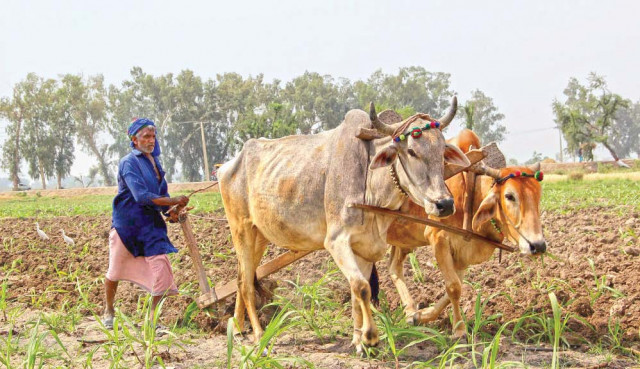International Peasants Day: Sindh has the highest landlessness among farm workers
2m households do not own land

According to the Pakistan Institute of Labour Education and Research (PILER), currently among other provinces, Sindh has the highest absolute landlessness: 26% or two million households have no land. Also, 26% of 700,000 households possess the lowest share in land. A majority of rural people earn a living with farming. Agriculture employs 13.46 million people (7.74 million are rural and 5.72 are urban workers). But for the majority, working arrangements in agriculture, wage work, tenant farming, share cropping, are exploitative and yield little earnings.
It is in this condition that peasants are pushed into the quagmire of marginalization where they do not receive fair wages (Rs30 per day in some areas), face sexual harassment, lack of access to shelter and a dearth of crop insurance. There is no record keeping, no right to unionization, and debt-bondage.
April 17 is the International Day of Peasant Struggle.
More than 80% of rural workers do not own their homes; they live under the age-old feudal system, which does not grant them right to shelter. Therefore, all human settlements that are located on state land of any kind held by any civil and non-civil government departments or institutions in the rural area should be registered.
The Sindh Tenancy Act 1950 should be amended in light of the demands made by peasants in a written Charter of Demands handed over to the deputy speaker of the Sindh Assembly on February 26, 2009.
Published in The Express Tribune, April 16th, 2012.



















COMMENTS
Comments are moderated and generally will be posted if they are on-topic and not abusive.
For more information, please see our Comments FAQ